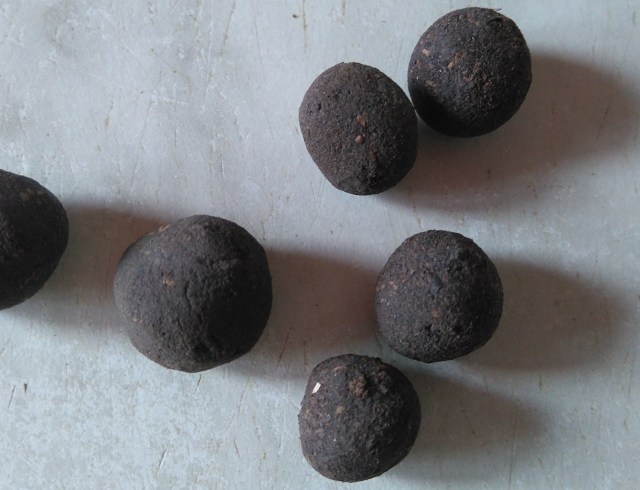I personally am continually bothered by the term ‘beekeeper’ in the natural approach. It suggests ownership and possession, and therefore intervention. Which is exactly what I personally am striving to avoid. However I find it difficult to not use the term in certain circumstances. I am aware of some alternatives – bee host, bee guardian, bee father /mother. Wherever possible I do avoid using the term, however it is such an entrenched word that it sometimes ‘slips out’. I do like the term bee host, since I am merely providing a home and the bees are free to carry out their natural tasks as they see fit, since they know what they are doing and why better than I, and whom am I to interfere. Wherever possible I shall be using the term bee host.
Guerrilla gardening, yes I know it sounds like some illegal subversive behavior. It is something I have been doing for a number of years, although initially you feel like you may be breaking some obscure law, in fact you are just spreading nature’s seed. That can not be a crime, since plants, birds and the wind are continually spreading seed. Sure, if you do not have the permission of a land owner, just maybe it might be a crime. However, I have never heard of a prosecution brought against a Blackbird for spreading a berry seed. I take care on how I do it, which species I use and even where I drop my bombs. For instance I only use native wildflower species, so as not to introduce alien species that may compete with our native species. I only use pollinator friendly seed of both nectar rich and pollen producers and try to provide variety throughout the year. I have a preference for Viper’s Bugloss (Echium Vulgare), St Johns Wort, Birdsfoot Trefoil and Foxglove. Mostly my activities are in rural area’s, which often seem like barren deserts for foraging pollinators. In very urban areas I have no problem with using non-native species, my argument being that most peoples gardens are crammed with alien flower species anyway. Given enough time some of these will escape into the countryside anyway. It has even been suggested to me that rural areas are so barren and through the increasing use of mono-culture that the use of alien species may even be justified. For now I act on the precautionary principle with my strategy. It is extremely satisfying to revisit a spot some months after dropping a bomb to find a patch of flowers being worked by various pollinators where previously there was only grass or bare earth. I may make a future post about how I make my seed bombs if anybody is interested, watch this space. Here is a small handful of Vipers Bugloss bombs ready for tactical dispersion.

Through my use of Facebook, and its ability to capture my browsing habits to market things at me. I was shocked and upset to see a brand new Australian bee exploitation hive on my screen. It is part of a crowd funding campaign where the ‘innovator’ hopes to secure donations to get the awful thing manufactured and marketed. Think ‘flow hive’. Fortunately after over a month of appealing the campaign has raised exactly $0 of the $300,000 USD they need. So far so good. What appalls me the most is the marketing technique of claiming to be helping bees by buying this contraption. So you can share in my horror, and keep an eye on it’s progress here is the link to the crowd funding campaign. Let us hope no big investor steps in.
https://www.indiegogo.com/projects/new-bee-hive-concept-with-auto-honey-extraction#/
